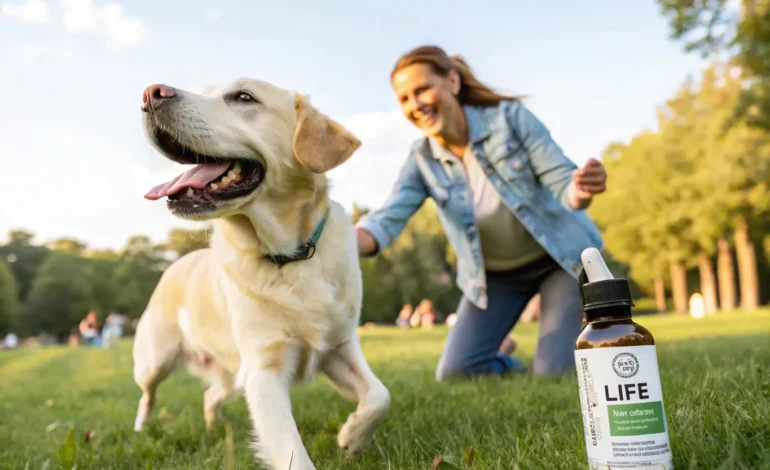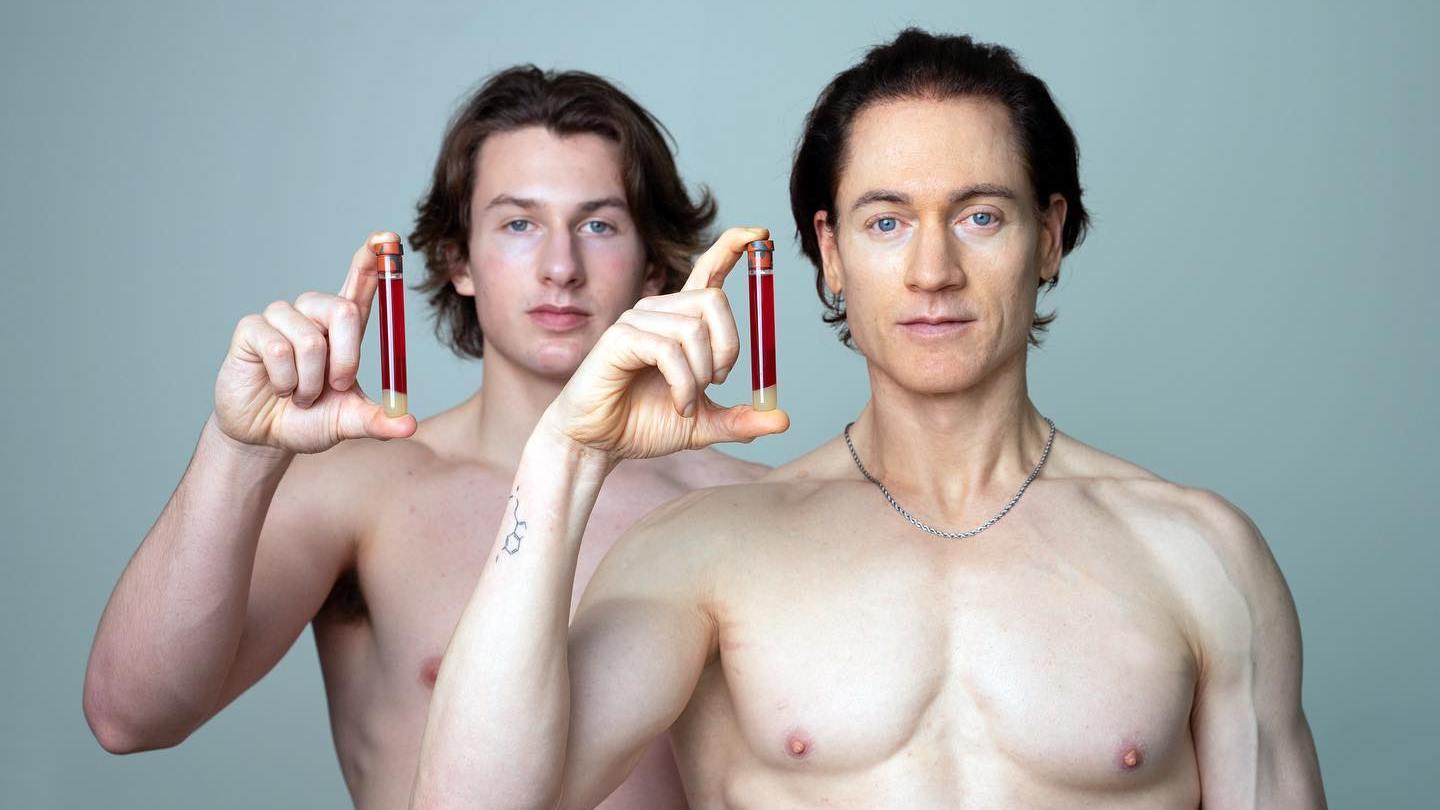Could Your Dog Live Longer? The New Longevity Drug Giving Pet Owners Hope
A new FDA-backed longevity drug may help dogs live longer, healthier lives. Learn how it works and what it means for pet owners and science.

For dog owners, the only flaw in their loyal companions is that they don’t live long enough. But that heartbreaking reality may be about to change.
In a groundbreaking development that’s sending ripples through the pet world and scientific community alike, a biotech startup has announced a new longevity drug designed to extend the lifespan of dogs. If successful, it won’t just buy more years — it could buy more good years, with healthier joints, sharper minds, and stronger hearts.
And for people like Sarah Manning, a dog mom from Portland whose golden retriever Lucy is now 11 and slowing down, it feels like a miracle.
“I’ve always joked I’d give anything for just one more year with Lucy,” Sarah says. “Now it doesn’t feel like a joke anymore. It feels possible.”
The drug, currently in late-stage development, comes from Loyal, a San Francisco–based biotech company that has been quietly working for years on extending the healthy lifespan of man’s best friend. In November 2023, the company received conditional approval from the FDA for its first product, a treatment aimed at slowing aging in large breed dogs — the ones most vulnerable to early decline.
If final approval comes through, it will mark the first time in history a drug has been greenlit to target canine aging itself, not just treat symptoms.
“We’re not just adding time — we’re aiming to add quality time,” said Celine Halioua, CEO of Loyal, in a press statement. “Our mission is to give dogs longer, healthier lives — and ultimately, help people keep their beloved companions for more of life’s milestones.”
What Makes Dogs Age Faster?
The average dog lives about 10–13 years, depending on breed and size. Larger dogs tend to age faster, with Great Danes and other giants often only reaching 7 or 8 years. That discrepancy has long puzzled scientists.
Aging in dogs is influenced by metabolic rate, genetics, oxidative stress, and cellular damage — the same culprits that affect humans. Loyal’s longevity drug targets those mechanisms by adjusting insulin-like growth factor 1 (IGF-1) levels and improving cellular maintenance, two hallmarks of healthy aging.
“It’s like hitting the brakes on biological wear and tear,” said Dr. Megan Hull, a veterinary researcher and advisor to the company. “We’re learning more every year about how aging works at a molecular level — and how we might be able to slow it down.”
Why This Matters to Dog Owners — and Science
For the 65 million dog-owning households in the U.S., the emotional impact of this innovation can’t be overstated.
“When you adopt a dog, you sign up for heartbreak,” says Sarah. “But if this helps us get more time — better time — it could change everything.”
Beyond emotional value, the science behind canine longevity has implications for human health, too. Dogs share our environments, lifestyles, and even many diseases — making them ideal partners for aging research. Advances made in dogs may pave the way for similar breakthroughs in human medicine.
“Dogs age faster but similarly to humans,” said Dr. Daniel Promislow, director of the Dog Aging Project. “They’re like compressed models of aging — and studying them could help us all.”
Read About: Rapamycin: Is This Anti-Aging Drug the Key to Longevity or a Risky Bet?
When Will It Be Available?
Loyal’s first product, designed specifically for large breed dogs aged 7 and older, could hit the market as early as 2026pending final FDA approval.
Other longevity treatments from the company, including daily pills for smaller breeds and general aging prevention, are in earlier stages of testing and could follow within a few years.
What Dog Owners Should Know Now
While this isn’t a fountain of youth, it’s a major leap forward in veterinary medicine. Experts urge pet owners to stay informed and talk to their vets once the drug becomes available.
In the meantime, the best things dog owners can do include:
- Feeding a high-quality diet
- Keeping dogs at a healthy weight
- Regular exercise and mental stimulation
- Yearly (or biannual) wellness exams
- Paying close attention to early signs of aging
“A longer life means nothing without quality,” Sarah says. “I just want Lucy to feel good — to chase a ball again, to climb stairs without struggling. If this drug helps her do that? It’s worth everything.”
New Perspectives — A Ravoke.com Original Section
The love between people and their dogs runs deeper than science — but sometimes, science gives love a little more time. With Loyal’s pioneering research, we may be standing on the edge of a future where goodbyes come later, and more tail wags fill our days.
As this drug moves closer to reality, Ravoke.com will be watching — and celebrating every moment science gives us back.
Because for many of us, our dogs aren’t just pets.
They’re family. And they deserve more time.








